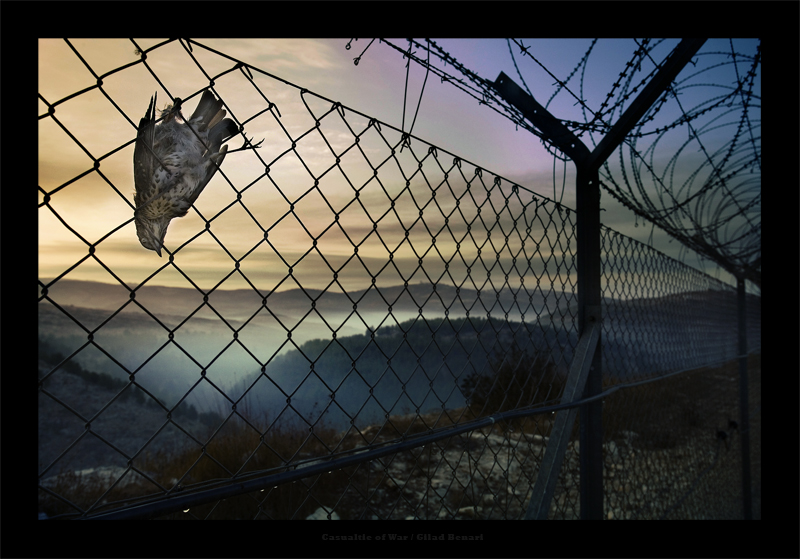By Guest Blogger Irtiza HasanPeople often ask, "Who are the Muslim role models"?
This question would receive varying replies from different audiences. For example, growing up in the 1990s, especially in Houston, Texas many Muslim youth would probably have answered "Hakeem Olajuwon". What about outside of Houston? Who would people pick?
In the world we live in, the flavor of the day, or the most popular celebrity is constantly changing. People are always searching for new role models and people they can follow.
People, especially young people, will choose anyone from parents, teachers, older siblings, world leaders, athletes, comic superheroes, music artists and movie stars as role models. But what makes the criterion for who should be a role model?
Charles Barkley once said that he was not a role model and added, "A million guys can dunk a basketball (and they are) in jail; should they be role models?"
For Muslims, we have the greatest role model in the Prophet Muhammad
(saw) and then his family and companions, may Allah be pleased with them all. And any person can look to the
Seerah and find the greatest example of how to live a productive, happy and meaningful life.
Allah says in the Qur’an, "You have indeed in the Messenger of Allah a great example.”
(Surah Al-Ahzab 33: 21) After that we have the companions of the Prophet
(saw) and his family who followed him in righteousness and the truth. The best of them are the four rightly guided caliphs; Abu Bakr, 'Umar, 'Uthman, and Ali. After them the scholars differ in how to group the companions between groups such as the people of Badr, the companions foretold of their admission to Paradise besides the ten, those who attended the Pledge at Al-Hudaybiyah and so on.
The Prophet
(saw) himself would encourage the believers to imitate and follow his companions. He
(saw) said, "Learn the recitation of the Qur’an from four persons: Abdullah ibn Masud, Salim Mawla Abi Hudhaifa, Ubay' bin Ka'b and Mu'adh bin Jabal." (Sahih Al-Bukhari) So these four companions were the ultimate role models to learn the recitation of the Qur’an!
For any young brother today a great role model from the young companions could be Abdullah ibn Abbas or ibn Al-Zubayr or ibn Umar and many others including the grandsons of the Prophet
(saw) about whom he said, "Al-Hasan and Al-Husayn will be the leaders of the youth of Jannah."
(Tirmidhi) For any young sister today a great role model from the young companions could be Rumaysa bint Milhan, or Asma bint Abi Bakr and so many other names. Of course the foremost examples for Muslim women are Khadija bint Khuwaylid, Fatima bint Muhammad and Aisha bint Abi Bakr, may Allah be pleased with them.
Let us consider why we love these people and why we take them as our role models. We know Allah loved these people and gave them success in this worldly life and promised them success in the Hereafter.
In the present day we have no revelation saying who specifically is our role model – which imam or shaykh or Muslim leader or athlete should we imitate?
Our role models, past and present, should have praiseworthy characteristics in public and private. These characteristics and qualities determine whether or not a person deserves to be a role model for us.
Some of these characteristics include: this person is patient during afflictions and trials. This person has complete trust of Allah reflecting on the verse in the Qur’an, which can be approximately translated as, "And whoever puts his trust in Allah, He is enough for him."
(Surah Al-Talaq 65:3) He or she does not have disease of pride and arrogance. He or she is humble and sincere. These people follow the truth and have fear of their Lord.
Allah says in the Qur’an, "The noblest among you in Allah's sight is the most God-fearing of you."
(Surah Al-Hujuraat 49:13) The most important qualities for us to focus on and safeguard after believing in the
tawheed of Allah are the following: having good treatment of our parents even if they are non-Muslims; as long as they do not force us to disobey Allah, obey them in everything other than that!
We need to be guarding our prayers, protect our tongues and private parts and support the truth. We must be making the efforts to attend
Fajr and
Isha prayers in the masjid. If possible, we should try to attend a class or
hallaqa at the local masjid. If this is not possible, then try to listen to beneficial audio lectures and be in the company of the righteous.
Muslim role models can be young or old, male or female and talkative or silent. They can be from any race or ethnic background. We should choose and follow role models based on their obedience to Allah.
Remember that any role model, whether it is an Imam or teacher or a brother or sister from the school's MSA, they are subject to having praiseworthy characteristics and having mistakes and sins as well.
And we are not to follow any person, whether it be a scholar of Islam or our relative, in their disobedience of Allah. We recognize their good deeds and status and ask Allah to forgive their sins, but we do not imitate them in their sins. An elder in the community or student of knowledge can be praiseworthy in many areas, but have sins and undesirable qualities in other areas. And guidance and success is only from Allah.









